5 things people must do in their 20s and 30s to reduce the risk of cancer
Cancer is not something that should be taken lightly. It is one of the leading causes of death worldwide, and the risk of developing cancer increases as we age. However, there are steps we can take in our 20s and 30s to reduce the risk of developing cancer later in life. In this particular article, we'll discuss five things people must do in their 20s and 30s to reduce the risk of cancer, with a focus on the benefits of sunscreen and how UniQaya’s sunscreen can help.
It’s important to Maintain a Healthy Diet
Eating a healthy diet is one of the most important things you can do to reduce your risk of cancer. A diet high in fruits, vegetables, and whole grains can help you a lot in getting protected against cancer. It is also essential to limit your consumption of red and processed meats, sugary drinks, and alcohol.
Ensure to Exercise Regularly
Need we talk about the immense benefits of regular exercise? Regular exercise is another important factor in reducing the risk of cancer. A holistic exercise routine can help maintain a healthy weight and reduce the risk of obesity, which is linked to an increased risk of cancer. Exercise also helps strengthen the immune system and reduce inflammation, which can contribute to cancer.
Say goodbye to Smoking
Smoking is a leading cause of cancer and is responsible for many preventable deaths. Quitting smoking is one of the best things you can do for your health and can significantly reduce your risk of cancer.
Get Screened Regularly and Timely
Regular cancer screenings are also very essential for detecting cancer early when it is most treatable. Depending on your age, sex, and family history, your doctor may recommend regular screenings for certain types of cancer.
Protect Yourself From the Sun’s Exposure
Exposure to the sun's harmful UV rays is a very significant risk factor for skin cancer. In order to protect yourself from the sun, it is imperative to wear protective clothing, such as long sleeves, hats, and seek shade when possible. However, the most crucial step is to use sunscreen.
The Benefits of applying a Sunscreen
While all five of these steps are essential for reducing the risk of cancer, we'll focus on the importance of using sunscreen.

Sunscreen is an essential tool for protecting your skin from the harmful UV rays of the sun, which can cause skin cancer. According to the Skin Cancer Foundation, using sunscreen daily can reduce the risk of developing skin cancer by up to 40%.
Sunscreen works by reflecting or absorbing the sun's UV rays, preventing them from penetrating the skin. This helps reduce the risk of sunburn, skin aging, and skin cancer.
However, not all sunscreens are created equal. It is essential to use a broad-spectrum sunscreen that protects against both UVA and UVB rays. Additionally, the sunscreen should have an SPF (sun protection factor) of at least 30. SPF measures the amount of protection the sunscreen provides against UVB rays, which are the primary cause of sunburn and skin cancer.
UniQaya’s Sunscreen
UniQaya’s Sun-Screen Full Protection Broad Spectrum Tinted Sunscreen with SPF 50, PA+++ is an excellent option which helps protect your skin from the sun. This marvelous sunscreen provides broad-spectrum protection against UVA , UVB and HEV rays thus providing the highest degree of protection against the harmful rays of the sun.
One of the most unique features of UniQaya’s sunscreen is its tinted formula. The tinted formula helps even out skin tone and provides light coverage, which makes it an excellent option for those who prefer a natural, minimal makeup look. It also helps shield your skin from the digital light (blue light) which is emitted from the digital screens, photos and digital devices. Thus, it aids a lot in delaying ageing and helping you have healthy, youthful skin.
Additionally, UniQaya’s sunscreen is extremely lightweight and non-greasy, thus making it easy to apply and comfortable to wear all day. It is also suitable for all skin types, including sensitive skin.
Conclusion
Reducing the risk of cancer requires a combination of healthy lifestyle habits and regular screenings. Using sunscreen is an essential step in protecting your skin from the harmful rays of the sun.

When it comes to reducing the risk of cancer, one of the most crucial steps is protecting your skin from the sun's harmful UV rays. This is where UniQaya's sunscreen comes in.
One of the key benefits of using UniQaya's Tinted sunscreen is that it is tinted, which means that it provides coverage and evens out skin tone while also protecting the skin. This can be especially helpful for those with uneven skin tone or blemishes, as it provides a smooth, even base for makeup application. Additionally, it is water-resistant, which makes it an excellent choice for outdoor activities or sports.
Another advantage of UniQaya's sunscreen is that it is non-comedogenic, meaning it does not clog pores or cause acne breakouts. This makes it suitable for all skin types, including those with oily or acne-prone skin.
One of the unique features of UniQaya's sunscreen is that it contains Lycopene, which is known for its antioxidant properties. Antioxidants help to neutralize free radicals, which are molecules that can damage cells and contribute to the development of cancer. Therefore, the inclusion of Lycopene in UniQaya's sunscreen can provide an extra layer of protection against the harmful effects of the sun.
In conclusion, protecting your skin from the sun's harmful UV rays is essential to reduce the risk of cancer. UniQaya's sunscreen is an excellent choice for anyone looking for a high-quality, effective sunscreen that not only protects but also nourishes and soothes the skin. Its unique formulation of natural ingredients and antioxidant properties makes it stand out from other sunscreens in the market. Incorporating UniQaya's sunscreen into your daily skincare routine can go a long way in protecting your skin and reducing the risk of cancer.


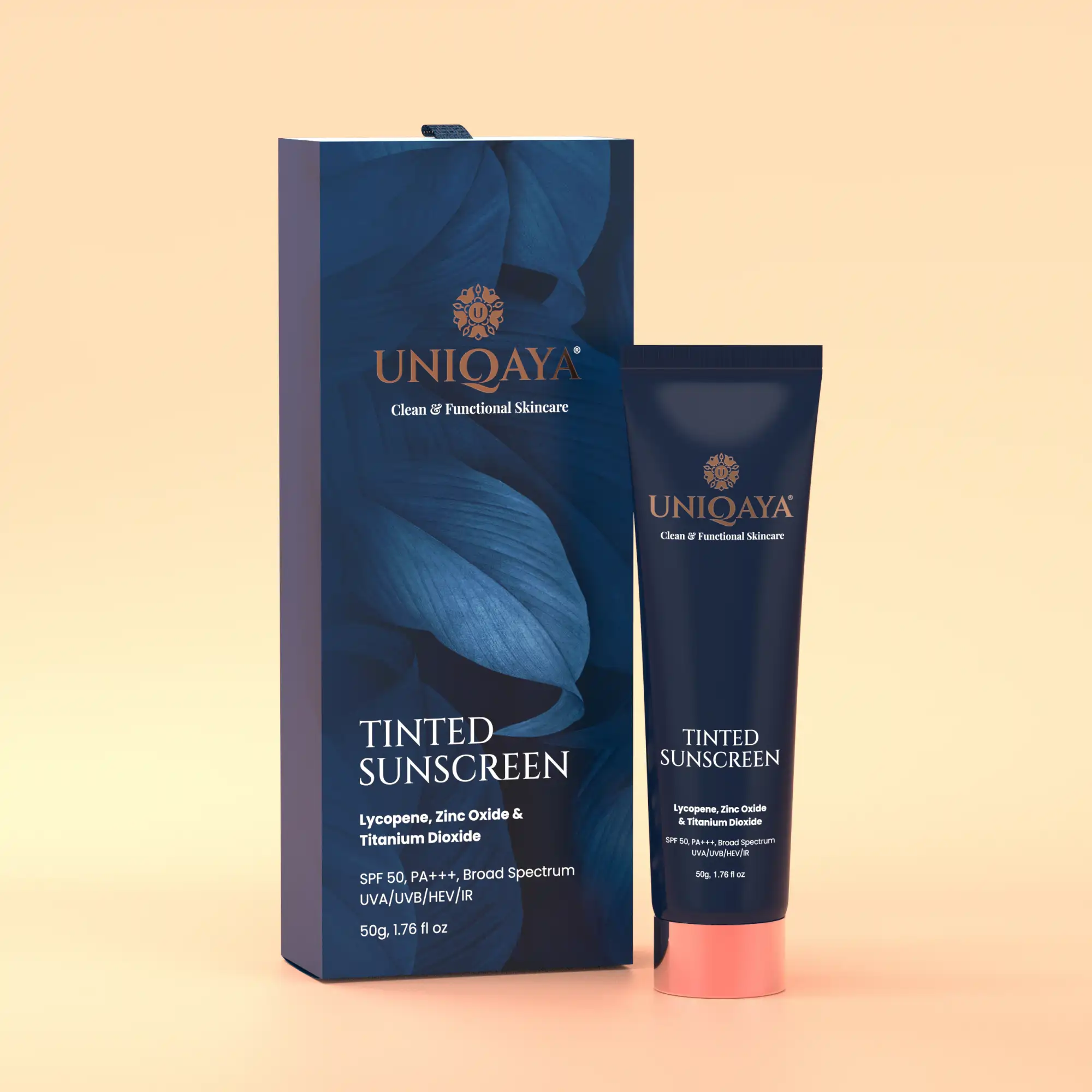
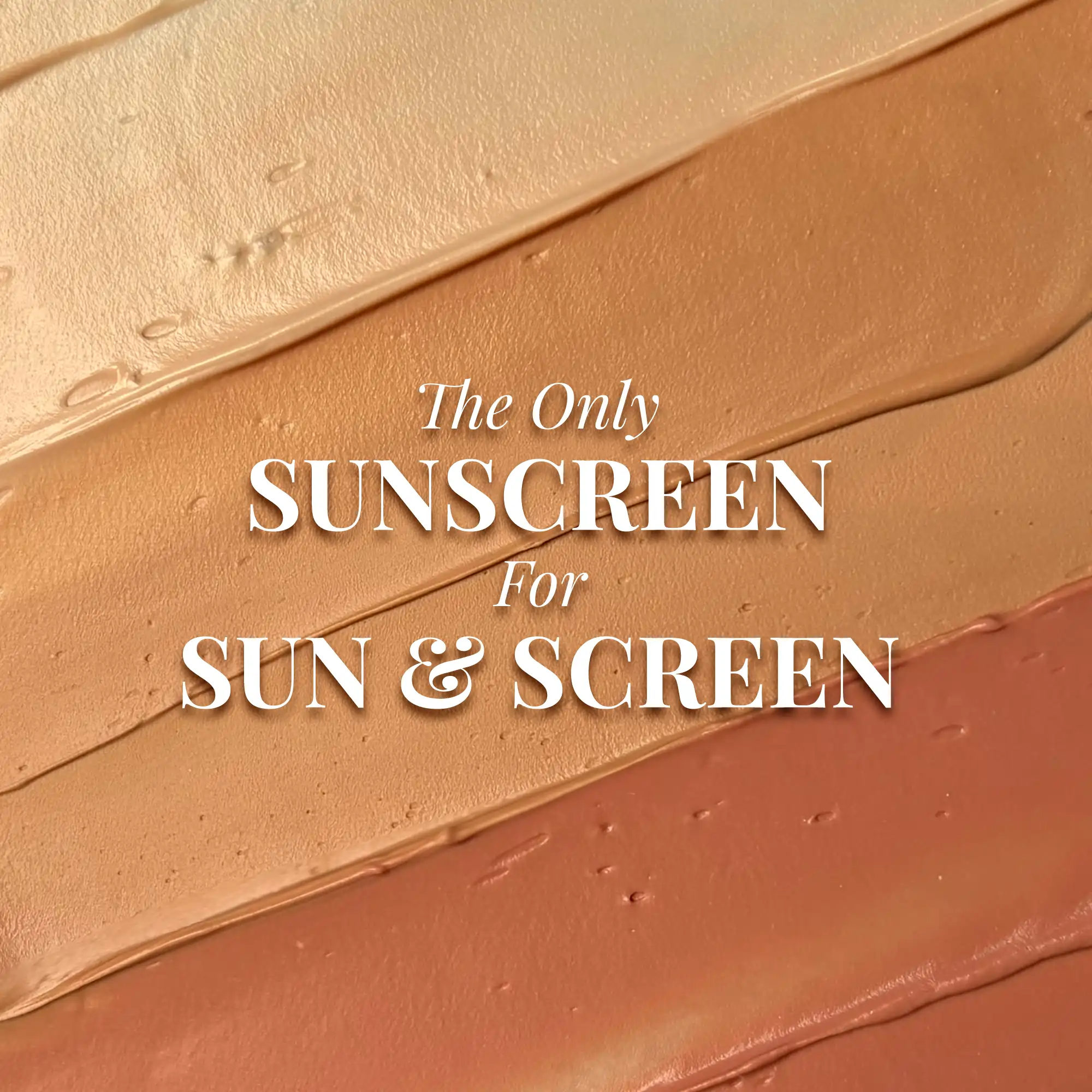
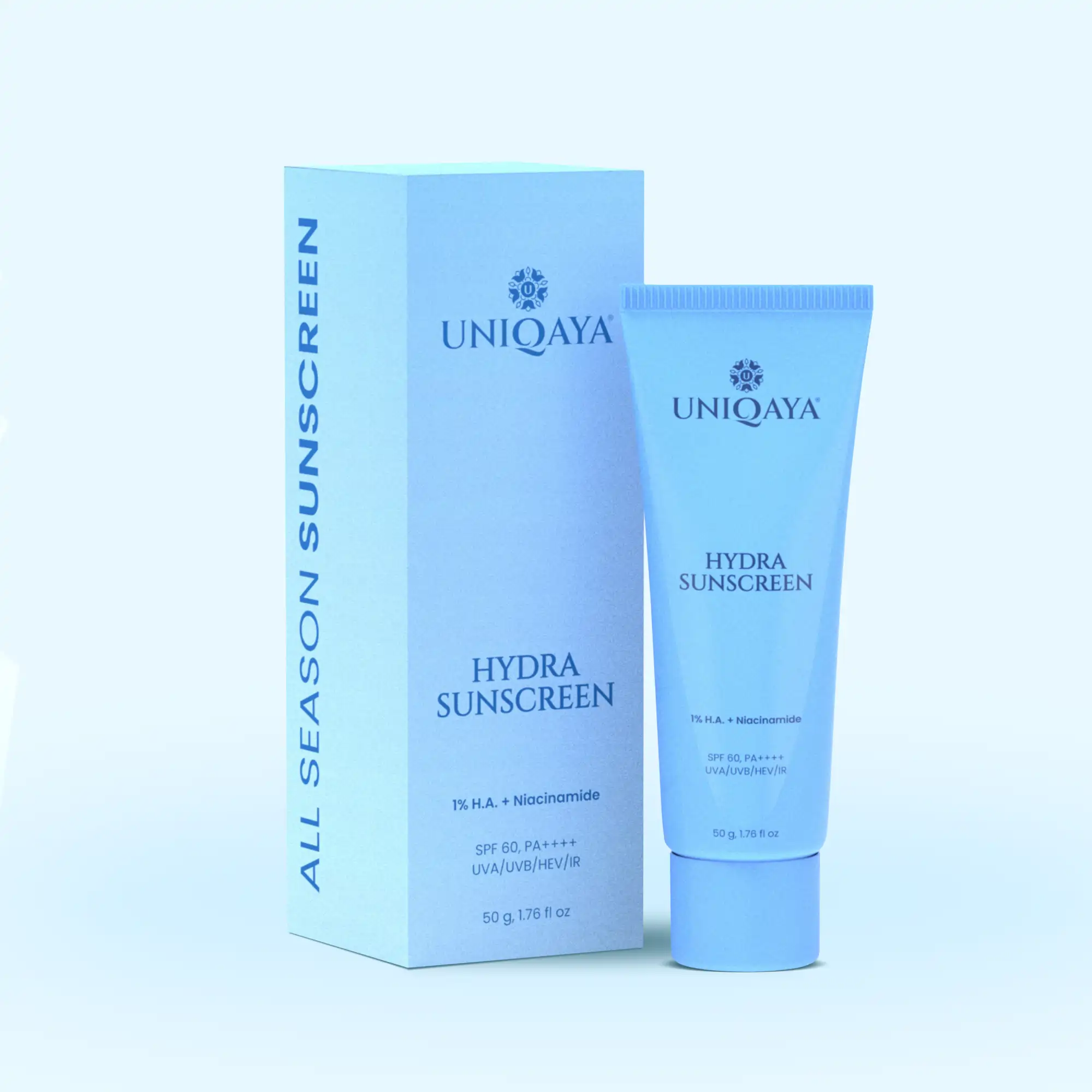
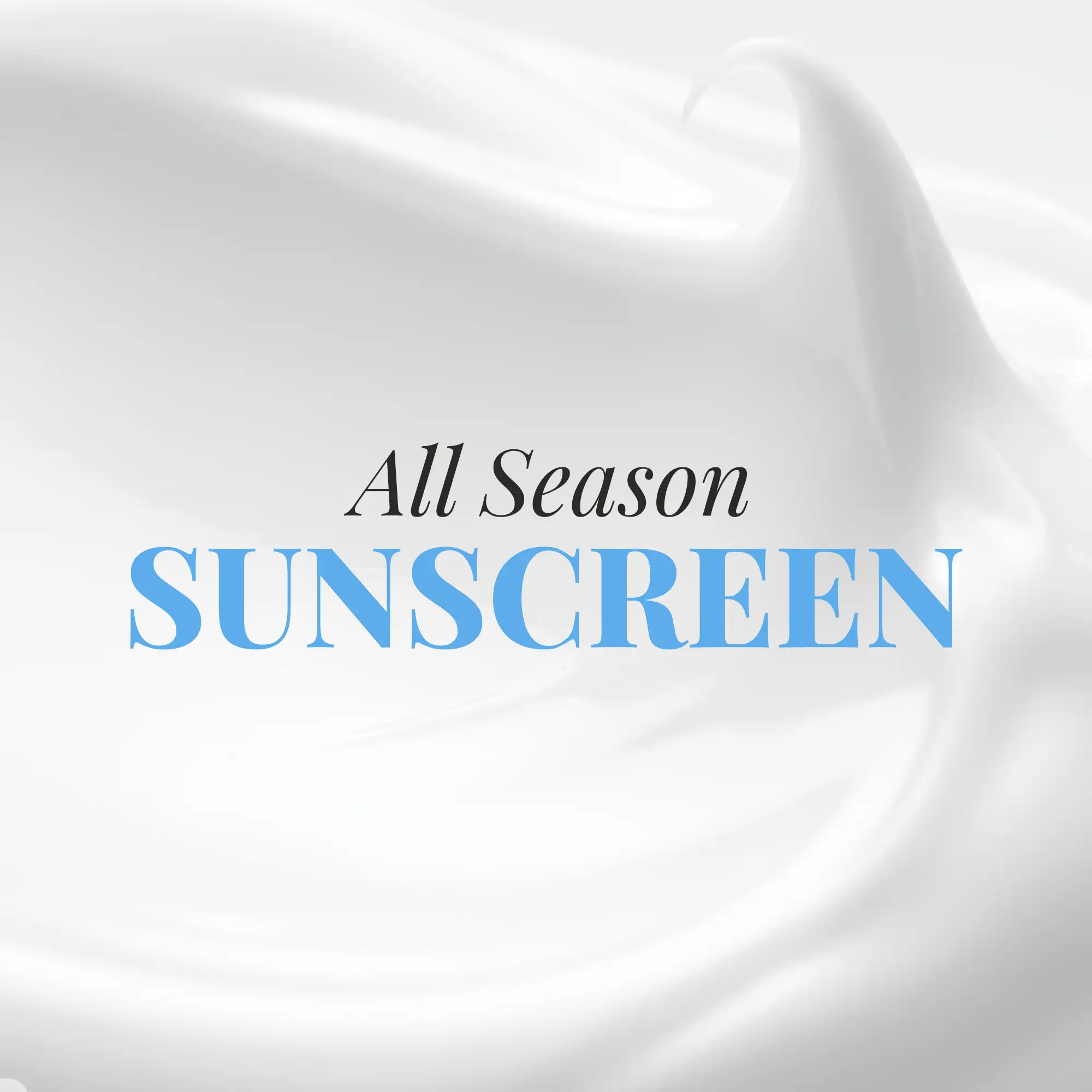
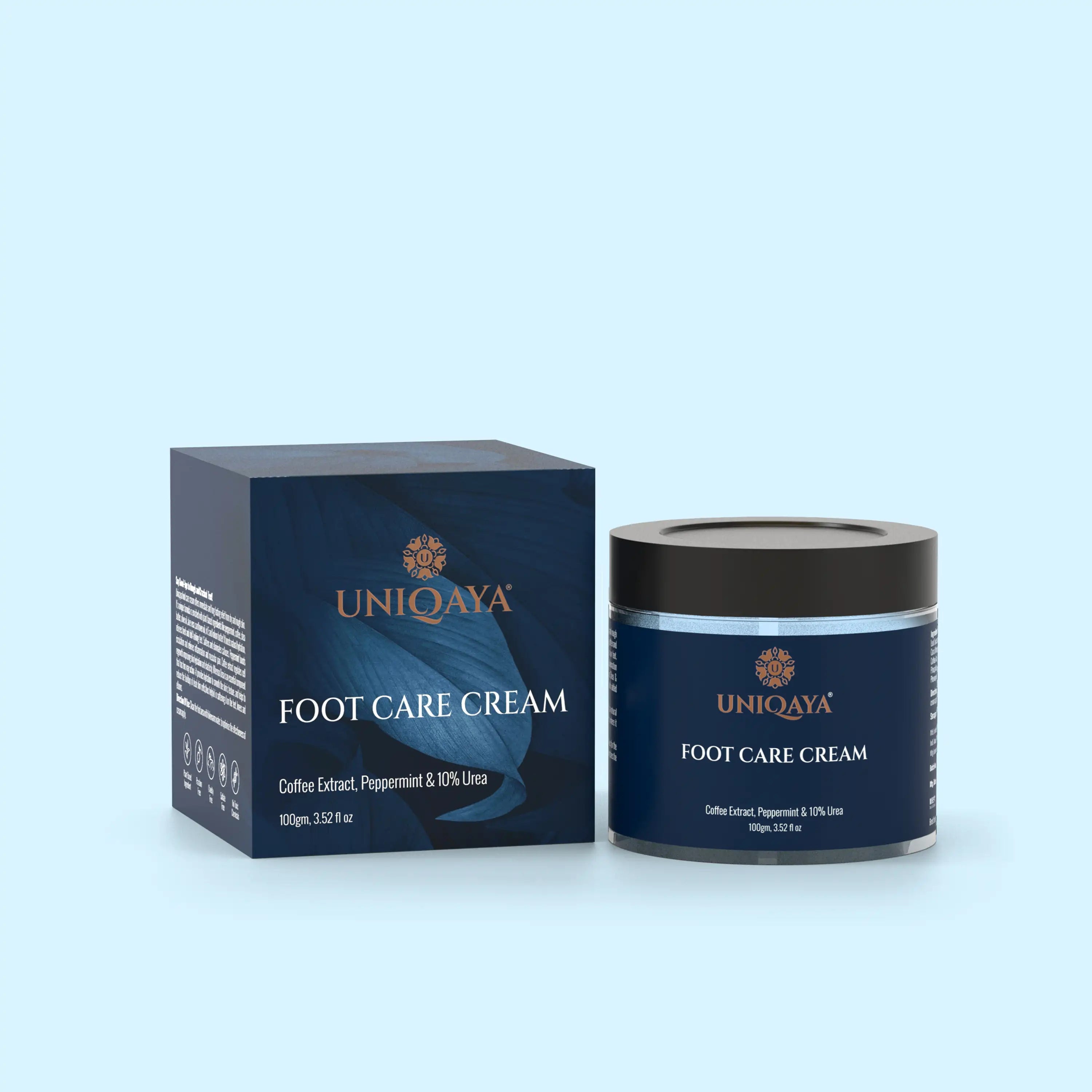
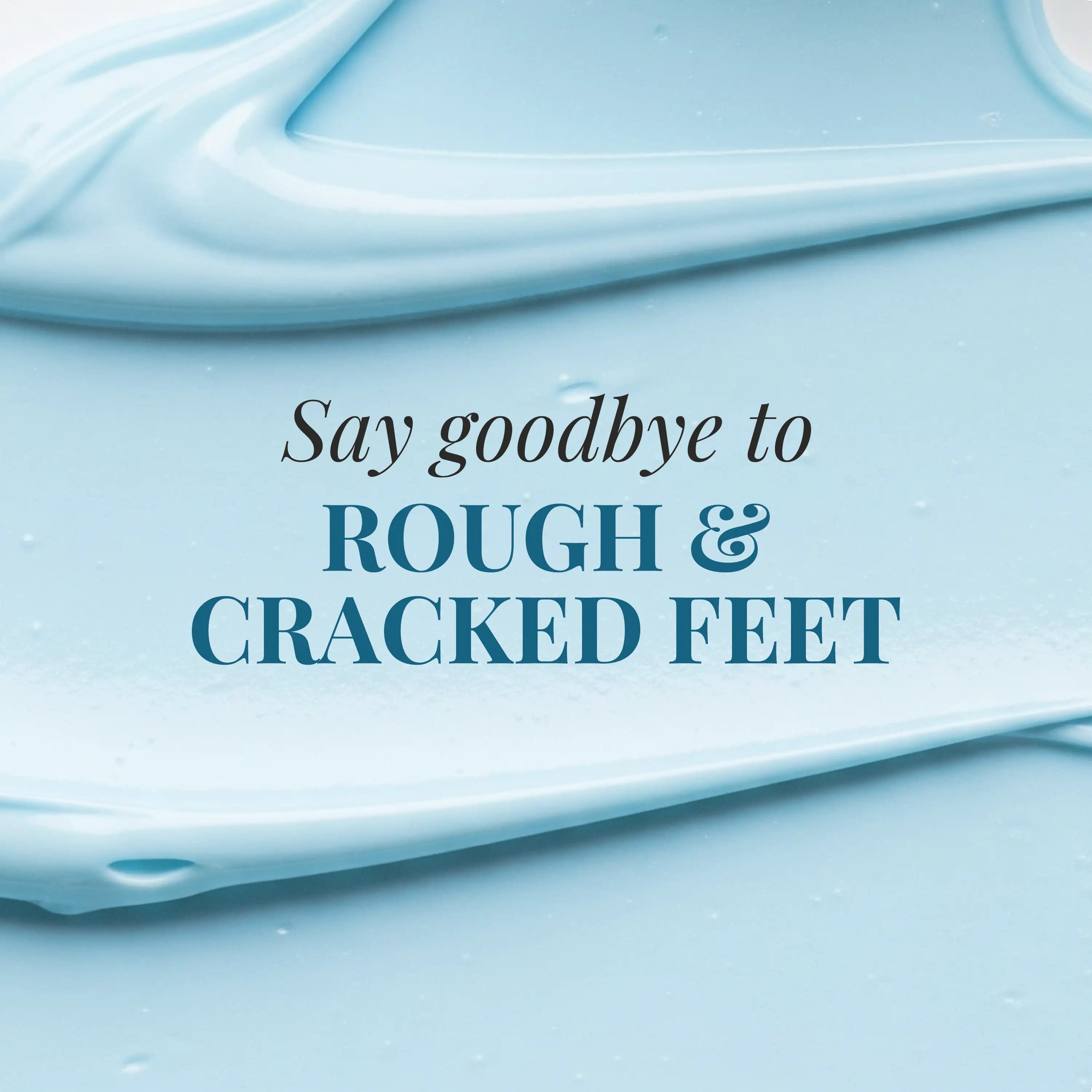
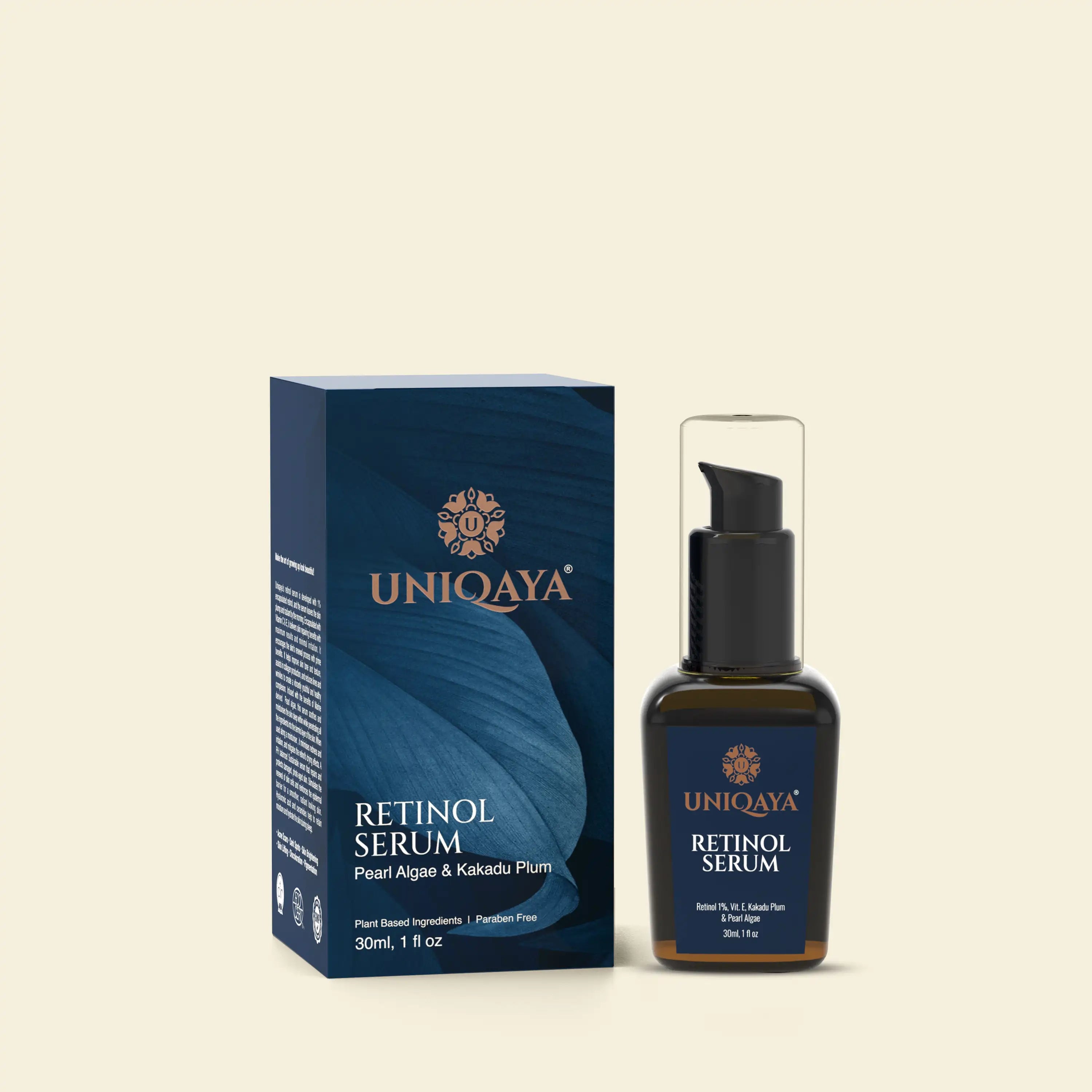
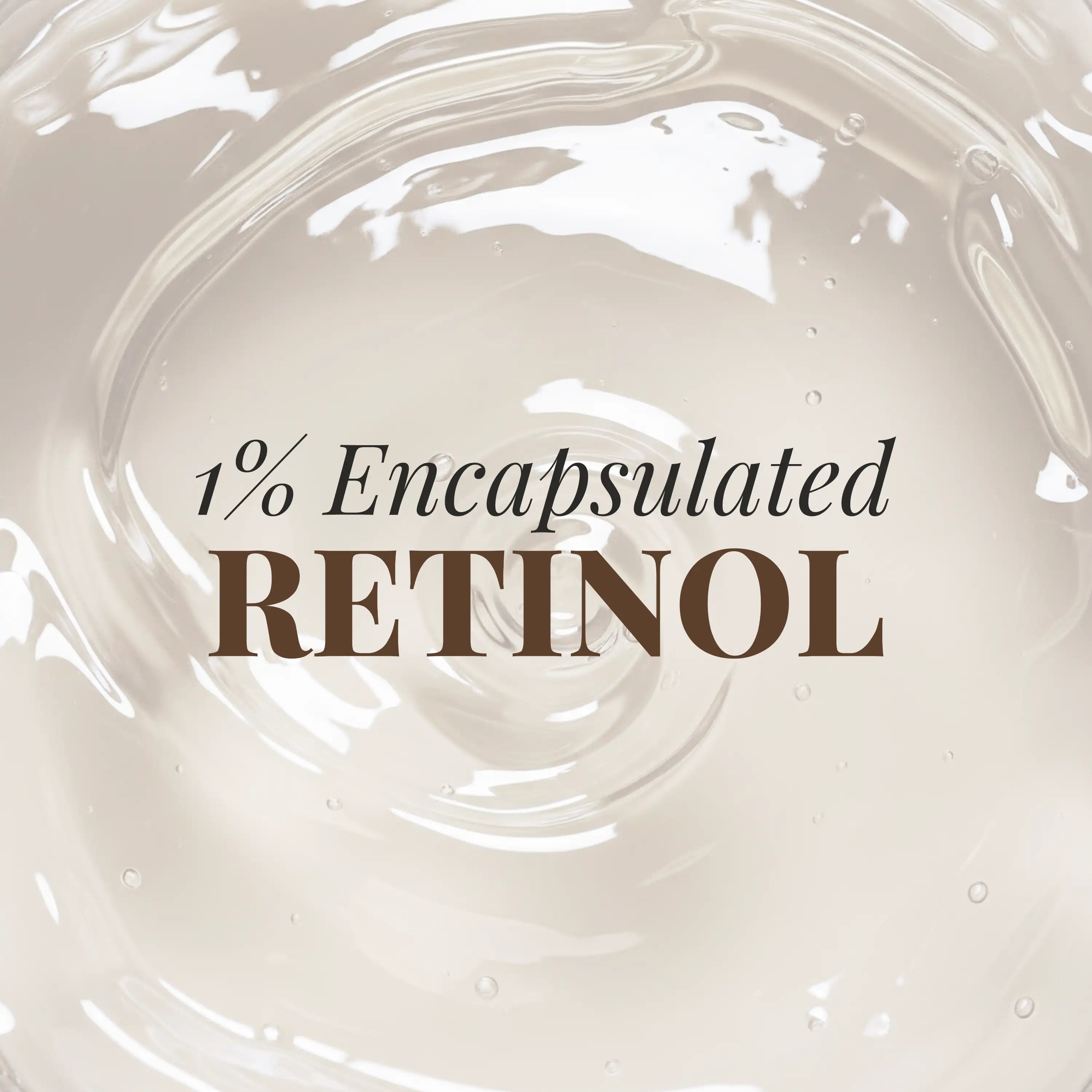
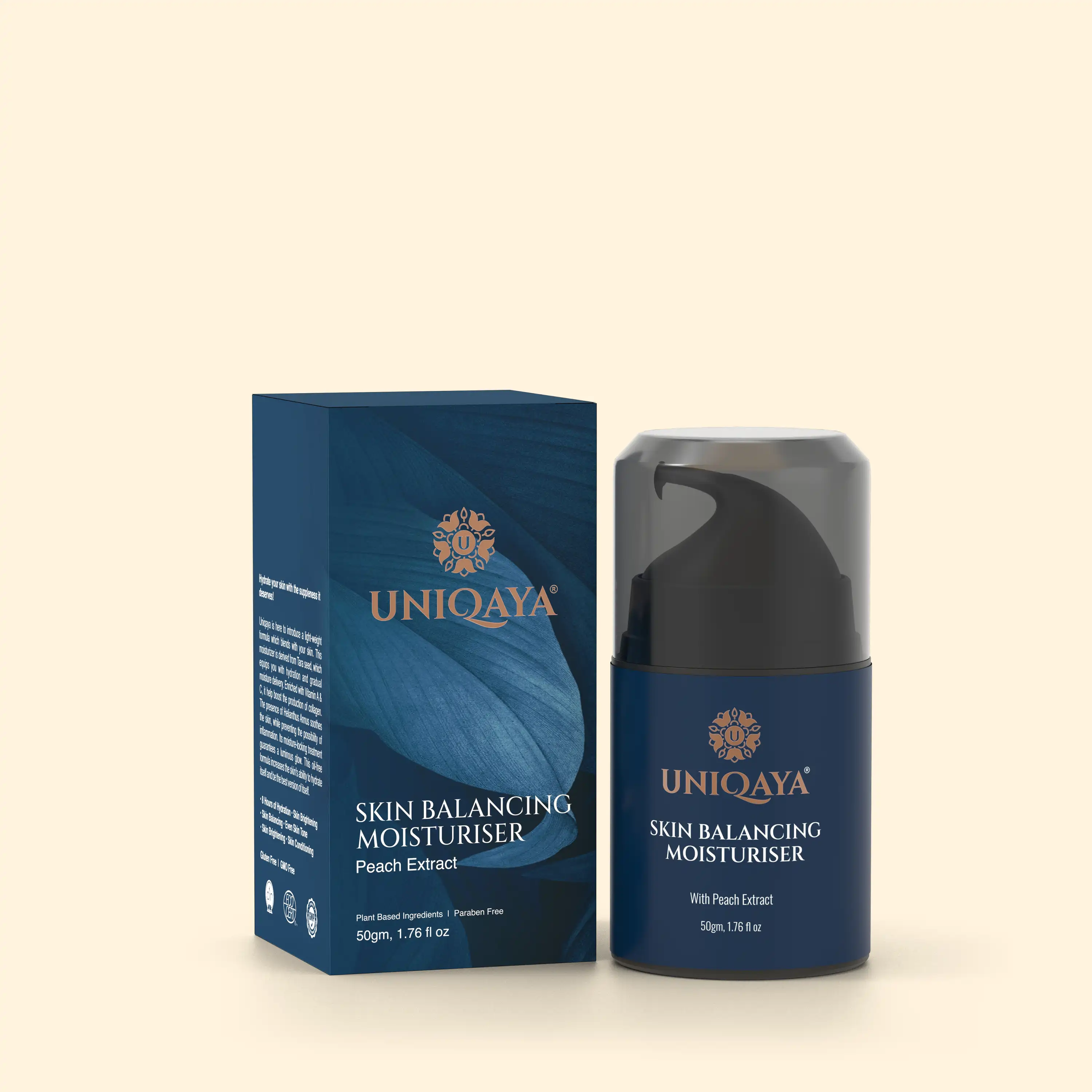
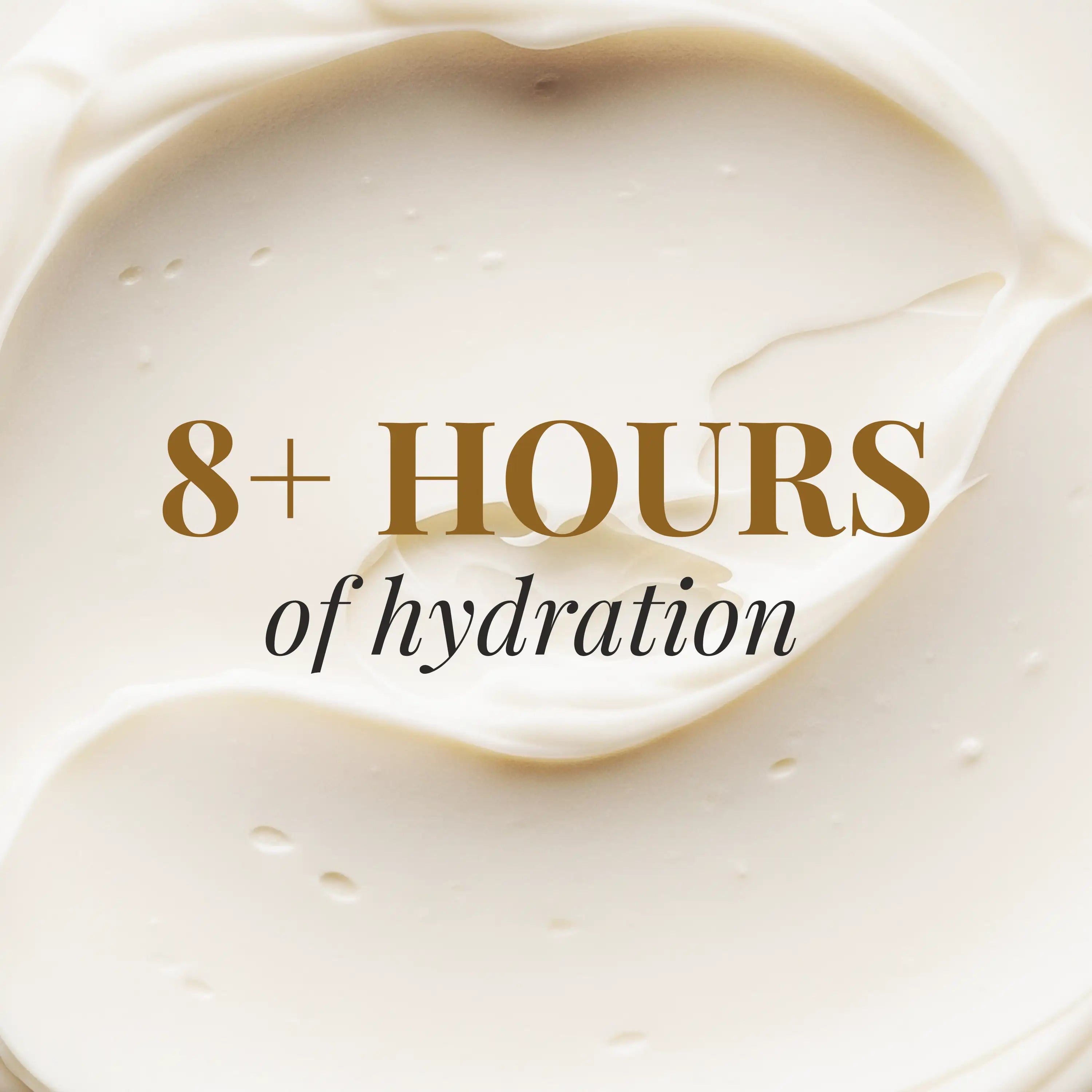
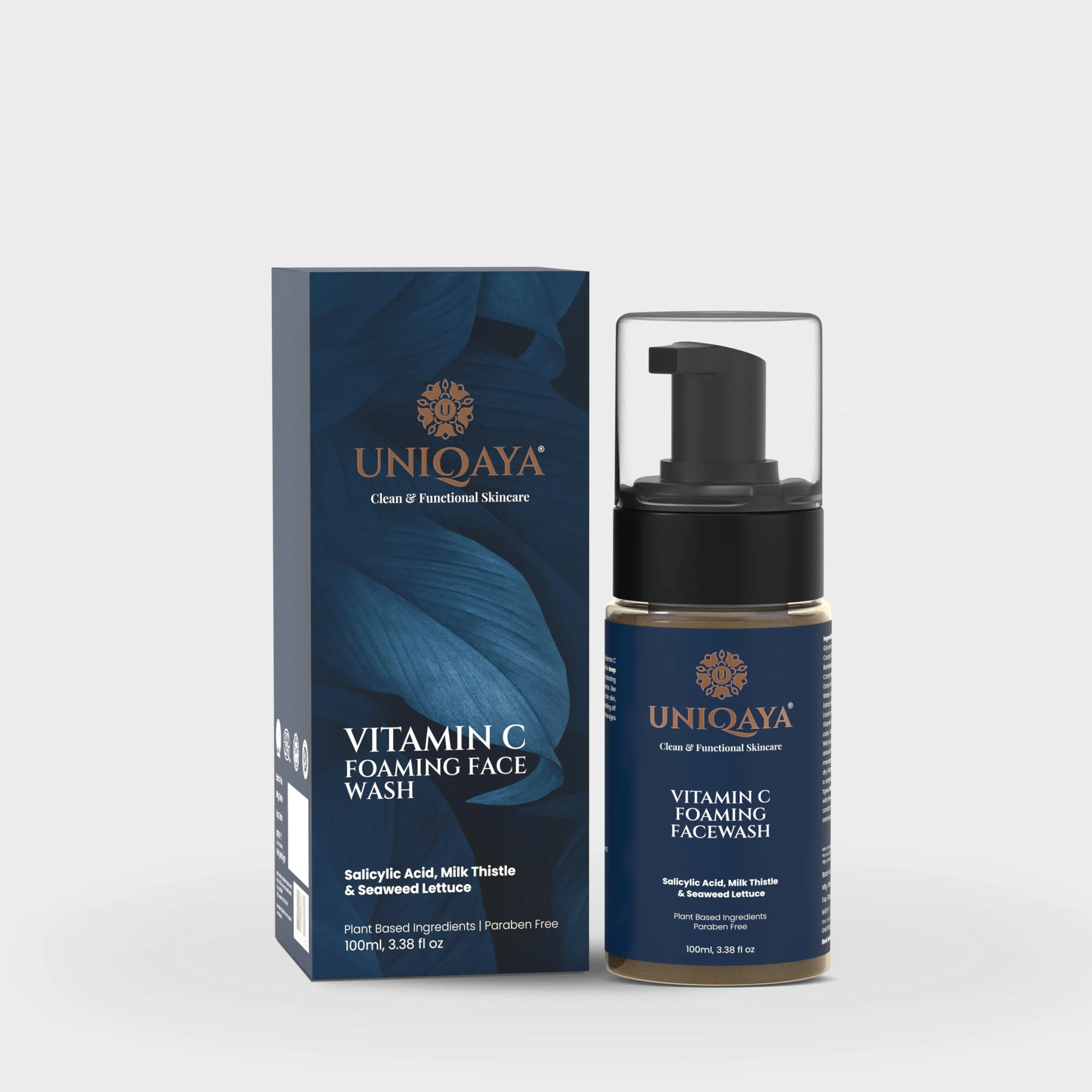
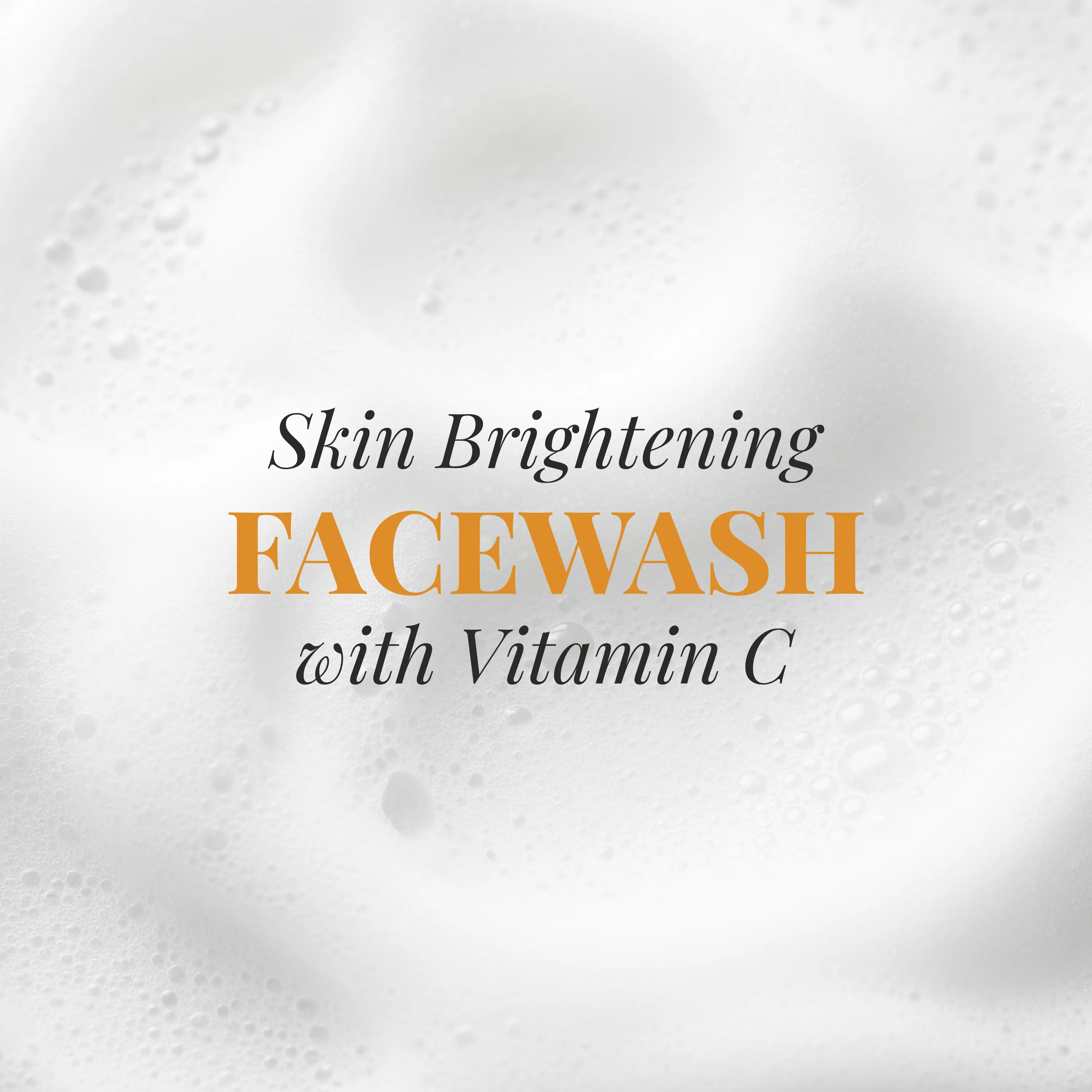
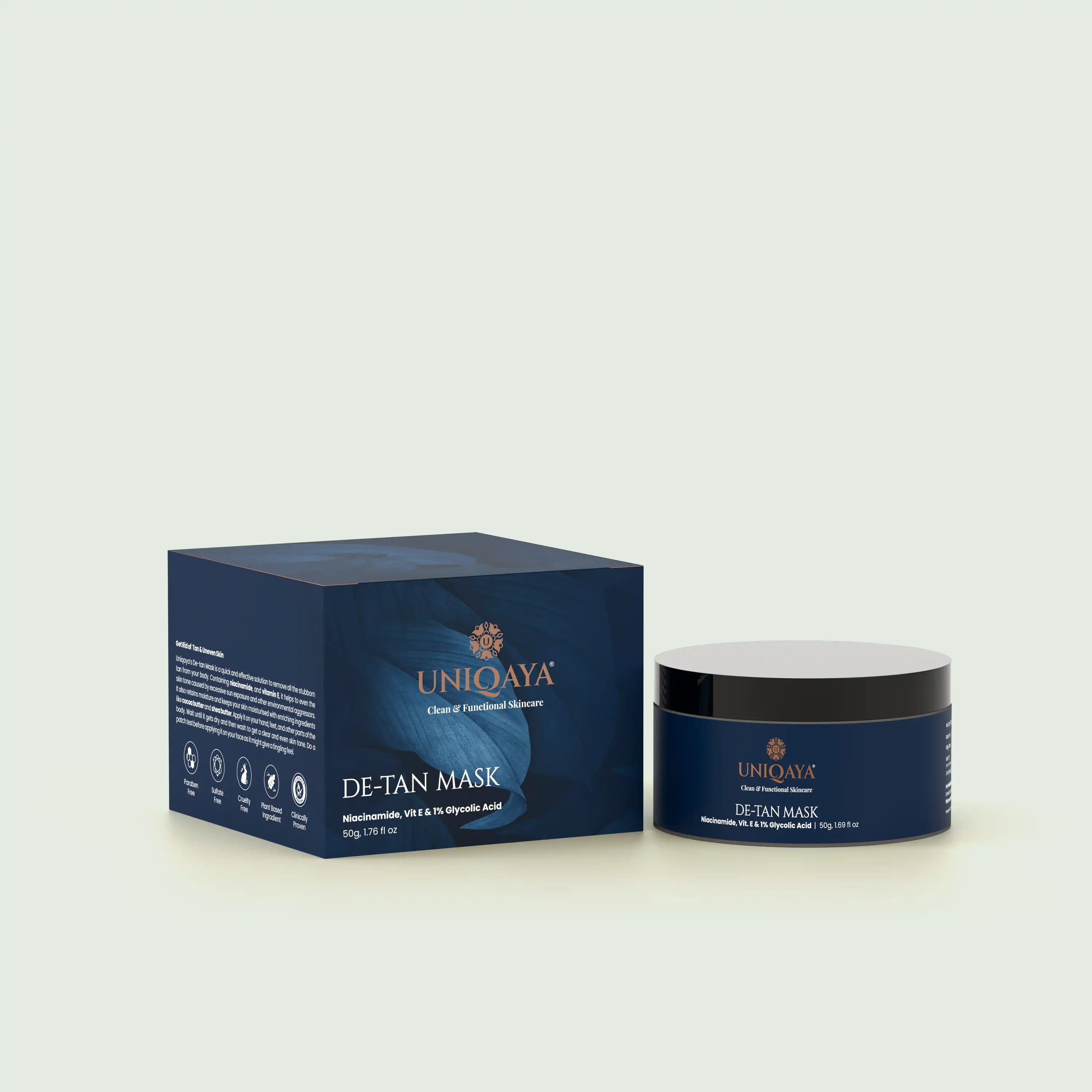
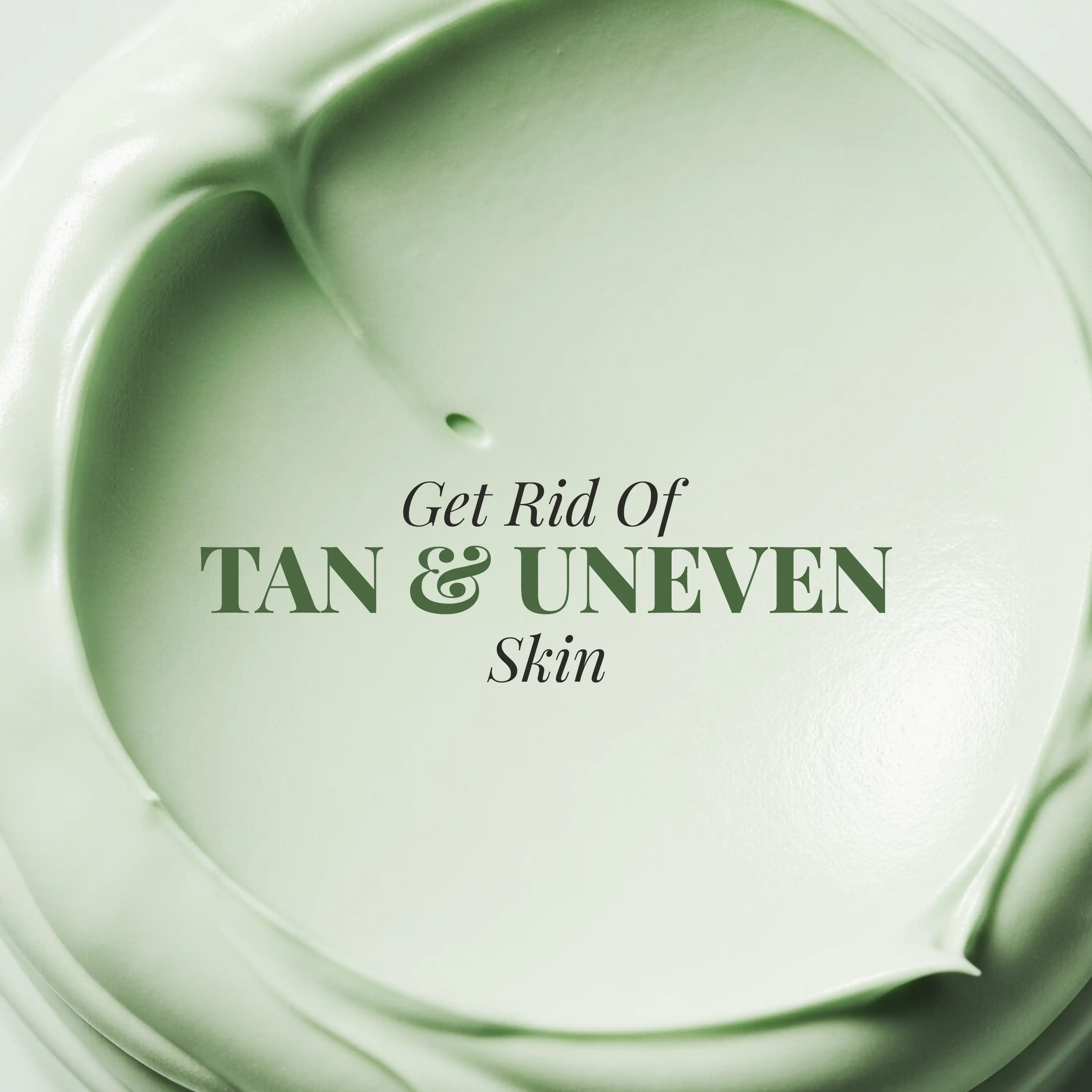
Leave a comment